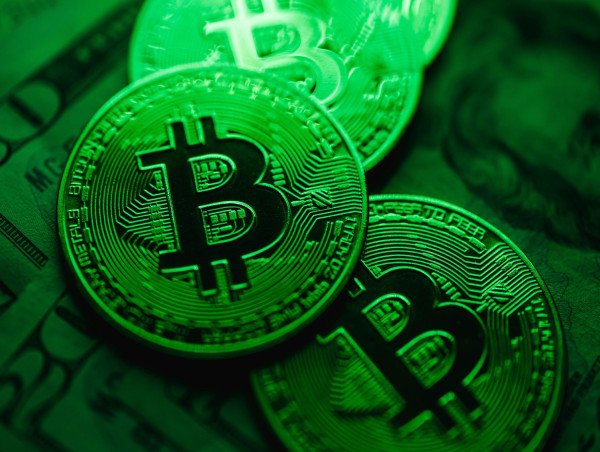LATAM’s cryptocurrency landscape continues to grow.
This week’s highlights include the groundbreaking decision of Bitso to launch its peso-pegged Stablecoin in Mexico.
This happens as the banking sector embraces blockchain technology in Latin America.
Bitso Business, a part of the Mexican cryptocurrency exchange Bitso, is planning to create a stablecoin linked to the Mexican peso on the Layer 2 Ethereum network called Arbitrum.
A report from Cointelegraph shows that the new stablecoin, MXNB, will be issued and controlled by Juno, Bitso’s newly formed company.
According to a statement issued by Bitso Business, MXNB will be fully backed by Mexican pesos on a one-to-one basis, providing user stability and reliability.
Ben Reid, Bitso Business’s head of stablecoins, stated that MXNB’s principal use case is to ease international investment and trade within Latin American markets.
He underlined that the stablecoin would allow firms to function in a “more efficient” manner than traditional financial infrastructure, which frequently offers considerable monetary issues.
With obstacles such as high middleman charges and slow transaction times, MXNB intends to simplify cross-border payments for multinational firms looking to service customers in new countries.
The rise of stablecoins in Mexico, combined with a favorable remittance environment, has heightened interest in cryptocurrencies.
According to Chainalysis, Mexico is a “key country to watch” for cryptocurrency-based remittances, with an annual receipt of around $61 billion, largely from the US.
This trend is reinforced by increased adoption rates of stablecoins, as indicated by a 9% increase in stablecoin purchases on Bitso’s exchange, driven by local users seeking reliable stores of value in the face of significant inflation and currency devaluation.
Blockchain and tokenization reshape LATAM’s financial landscape
During Fintech Americas Miami 2025, experts from Bitso, Koibanx, and Banco Nación (Argentina) emphasized the advancements of blockchain and tokenization in the traditional financial system, enhancing efficiency and financial inclusion across the region.
According to Cointelegraph, representatives illustrated how these technologies are revolutionizing various processes, from remittance transfers to investment access through asset tokenization.
Leo Elduayen, CEO of Koibanx, pointed out that regulatory frameworks are beginning to encompass the tokenization of financial securities, marking a pivotal step towards democratizing capital markets.
The debate also focused on the growing relevance of blockchain in remittances and international payments.
Bitso’s strategic alliances director, Nano Rodríguez, reported that stablecoins and blockchain technology are already used in 10% of remittances between the US and Mexico, possibly accounting for over $64 billion in transaction volume.
Argentina’s thirst for real-time, decentralized financial operations is demonstrated by the $98 billion in bitcoin transactions performed in 2023, which exceeds the total value of the country’s imported goods.
With banks such as Macro and Mercantil incorporating blockchain solutions for payment processing, it is clear that traditional banks are developing to play a larger role in bitcoin adoption.
Guatemala proposes to transform landfills into Bitcoin data centers
The Blockchain Association of Guatemala has offered a novel method for addressing landfill environmental issues: transform them into Bitcoin data centers.
This project attempts to address two major issues: limited space and the risk of fires at garbage disposal sites.
As cities expand, garbage creation grows dramatically, posing operational capacity difficulties for landfills and necessitating the urgent need for new disposal sites.
Without proper solutions, many communities may confront waste management challenges in the coming years.
The group contends that locating Bitcoin data centers in landfills could be a novel solution for addressing both trash management and energy challenges.
Bitcoin data centers undertake the sophisticated calculations required to validate transactions on the Bitcoin network, which mandates the use of renewable, continuous, and low-cost energy sources.
This concept, by exploiting existing trash sites, not only aims to improve garbage disposal efficiency but also supports the use of renewable energy in the developing bitcoin sector.
The post LATAM cryto update: Bitso launches peso-backed stablecoin as Latin American banks adopt blockchain appeared first on Invezz





